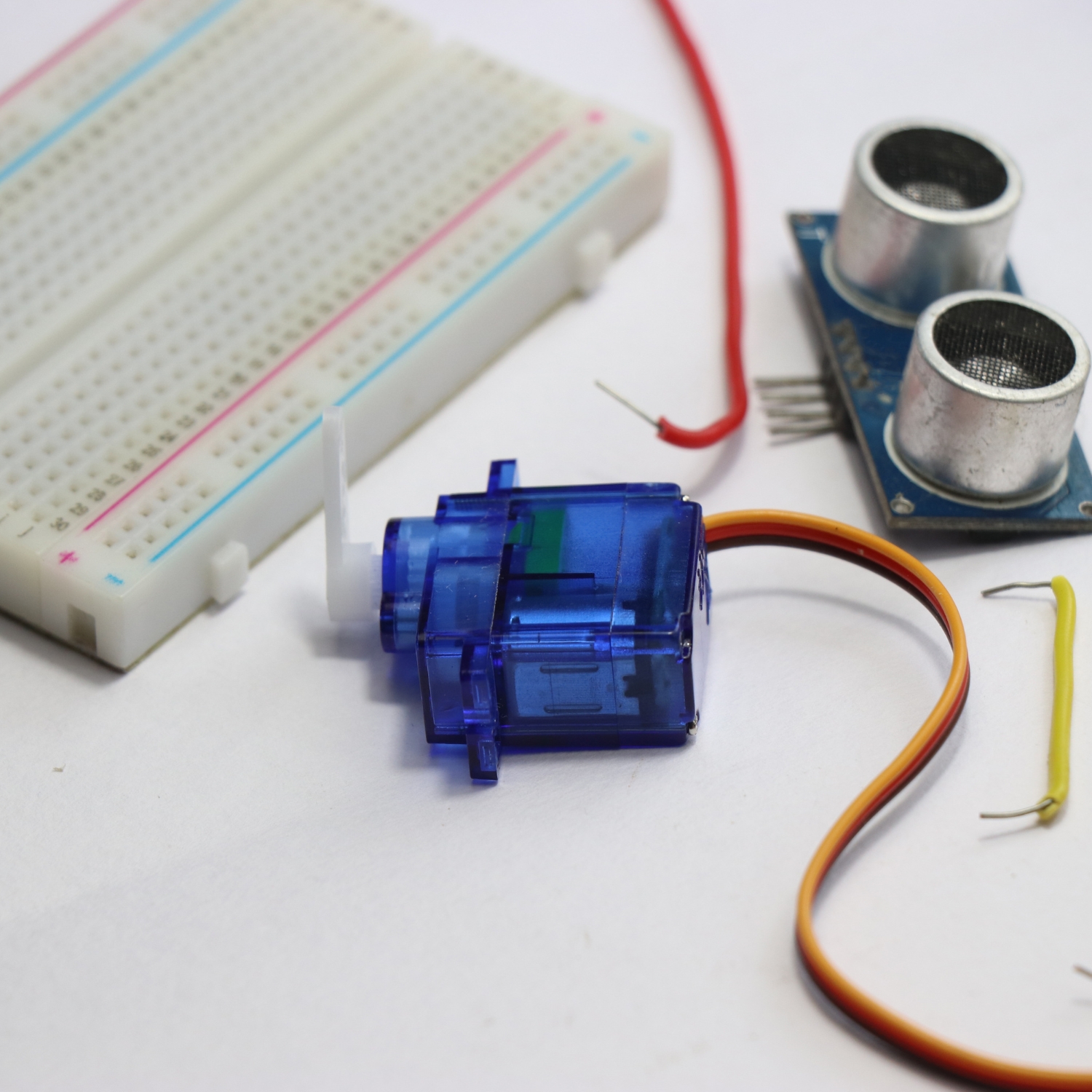A water quality sensor is a specialized device designed to assess various parameters of water to determine its suitability for specific applications or consumption. These sensors play a crucial role in monitoring and maintaining the quality of water in various settings such as industrial processes, environmental monitoring, and even domestic use.
Water quality sensors work by utilizing various measurement techniques to analyze key characteristics of water. These characteristics may include parameters such as pH level, dissolved oxygen content, turbidity, conductivity, temperature, and the presence of specific contaminants like heavy metals or pollutants. The sensor’s operation relies on the integration of different technologies like electrodes, optical sensors, and microprocessors to gather, process, and transmit data.
For example, a pH sensor measures the acidity or alkalinity of water by employing electrodes that generate a voltage proportional to the hydrogen ion concentration. This data is then converted into a pH value. Similarly, a dissolved oxygen sensor might utilize optical or electrochemical methods to quantify the oxygen dissolved in water.
Water quality sensors have diverse applications. Environmental agencies use them to monitor natural water bodies for pollution levels. Industries employ these sensors to ensure compliance with regulations and optimize manufacturing processes. Even in homes, water quality sensors can be integrated into filtration systems to ensure safe drinking water.
In essence, water quality sensors provide a technologically advanced means of assessing water characteristics accurately and swiftly, aiding in the protection of ecosystems, public health, and industrial efficiency.

